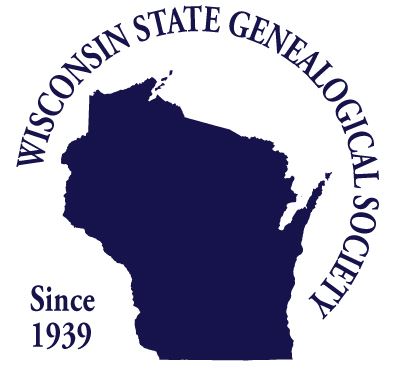December 2022
Entering the Old Northwest Territory
- Presenter: Peggy Clemens Lauritzen
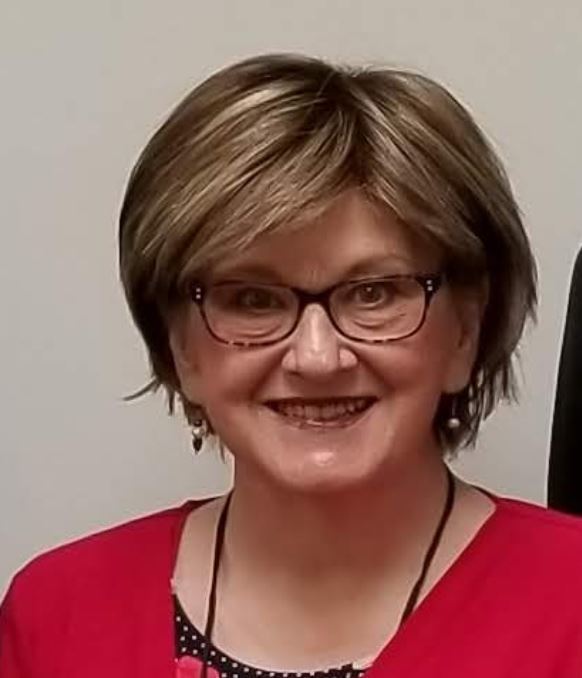 - Date: Tuesday, December 20, 2022
- Webinar Description: When
we think of settling the West, our minds will often turn to the broad
expanses of the American West that conjures up scenes of broad prairies
and herds of buffalo and antelope. Such was not the case in the First
American West. Summary: After the signing of the Treaty of Paris was
signed in 1783, Britain ceded land that would eventually comprise the
Northwest Territory. Just five years later, the first settlers would
leave their homes in New England and begin their journey to the
“Territory Northwest of the River Ohio,” and establish their first city –
Marietta. Eventually the states of Indiana, Illinois, Michigan,
Wisconsin, and part of Minnesota would be included.
November 2022
It’s not just about your Ancestors! Preserving your Family History!
- Presenter: Kate Townsend
- Date: Tuesday, November 15, 2022
 - Webinar Description: Preserving
your family history starts with you! What's the point of calling
yourself a family historian if you don't make it easy for future
generations to know about your life? Gain some ideas on how to organize
your personal archive beyond the family treasures of your ancestors
including the following: (1) dealing with physical photographs and
papers (preserving old photographs and making sure photographs form
today are also preserved digitally and physically); (2) digitization
(photographs and old film); and (3) social media (how to incorporate
social media into your personal archive for future generations).
October 2022
Women and Courthouse Records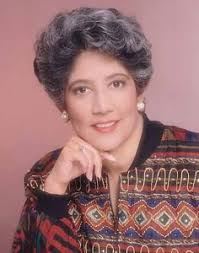
- Presenter: Janice Lovelace
- Date: Tuesday, October 18, 2022
- Webinar Description: Until
the 20th century, women were often “lost” in records. This presentation
will explore what can be found in records often found at the courthouse
– land records, court proceedings, probate documents and vital records.
September 2022
Moving Forward by Looking Back - Break Down that Brick Wall!
- Presenter: Kimberly Ormsby Nagy
- Date: Tuesday, September 20, 2022
- Webinar Description: We often feel that we are facing a brick wall, when in fact, we already have the information needed to burst through it. We will discuss techniques to revisit that information in order to move forward with our research. We will discuss reviewing records for previously overlooked information, as well as techniques to look at records through a different lens.
August 2022
Researching a Wisconsin Soldier in the Civil War
- Presenter: Craig R. Scott
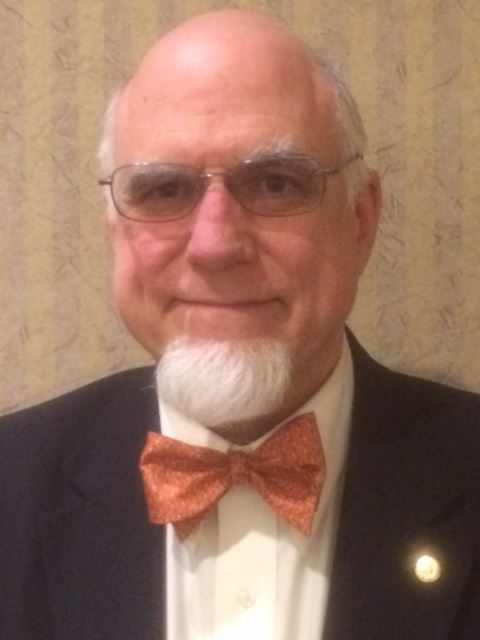
- Date: Tuesday, August 16, 2022
- Webinar Description: Using a case study approach participants will learn about what records along with the Compiled Military Service Record and pension should be evaluated in researching a Wisconsin soldier before, during, and after the Civil War.
July 2022
Wisconsin Germans: How they Kept the Ties that Bind
- Presenter: Jean Wilcox Hibben
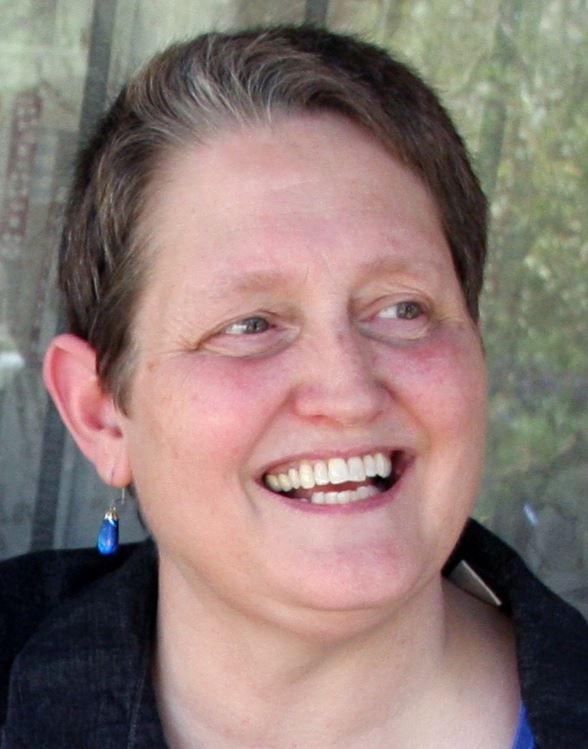
- Date: Tuesday, July 19, 2022
- Webinar Description: Germans flocked to Wisconsin and settled in communities of like-minded, and like-speaking, fellow ex-pats. How did they manage to keep close to their kin in the old country (or did they)? How did they keep their faith and culture in the new world? What occupations, activities, and lifestyles were hallmarks of the Wisconsin Deutsch? What were the greatest challenges in the new country, with others who immigrated from various cultures? These and others, including some research suggestions, will be addressed
June 2022
Swedish-American Church Books - Great Genealogical Resource!
- Presenter: Kathy Meade
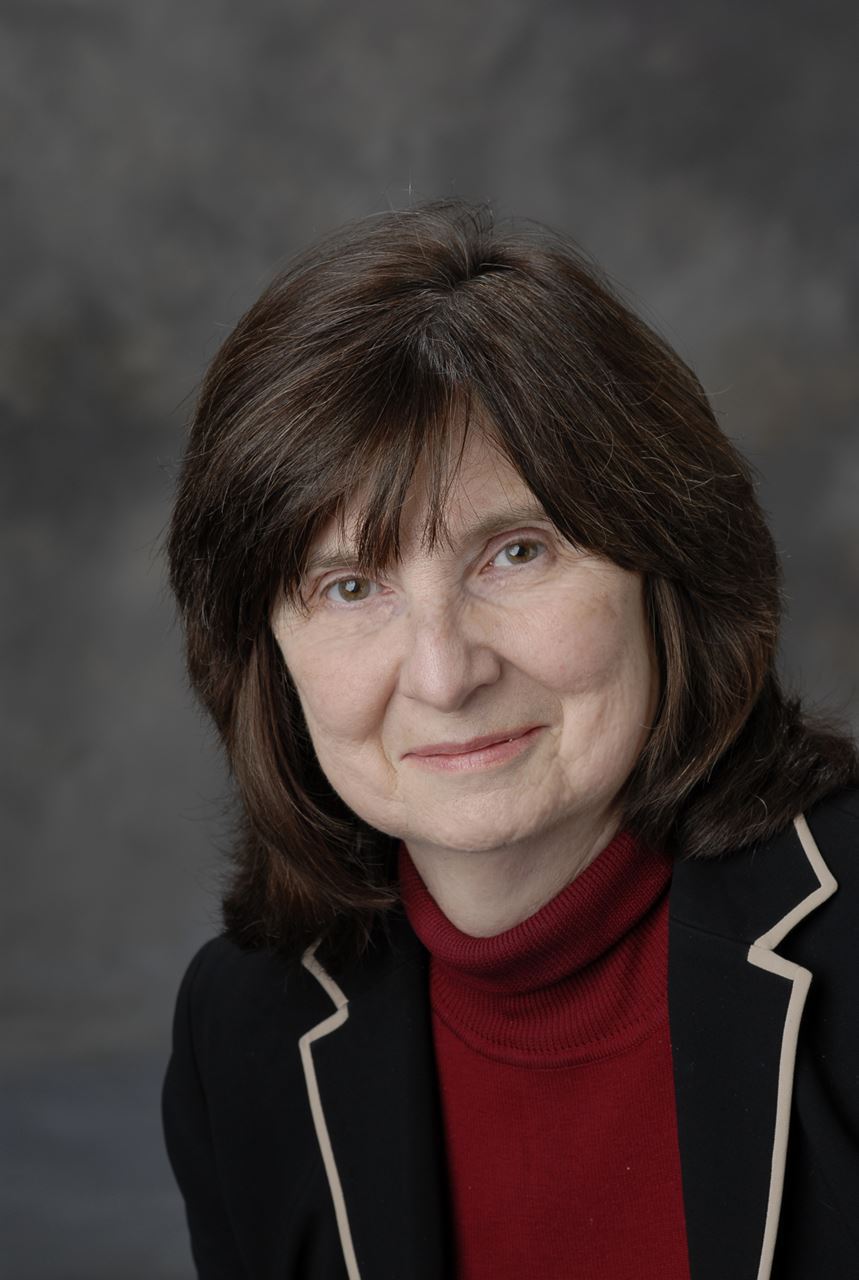
- Date: June 21, 2022
- Webinar Description: Many Swedish emigrants to North American joined a Swedish-American Church. While most of these churches were Lutheran, there were also Baptists, Methodists, Swedish Covenant and other denominations. Many of these churches kept detailed records similar to the church records within Sweden. These records can help one identify where in Sweden one's Swedish ancestor emigrated from as well as trace moves within North America.They can also serve as a substitute for the missing 1890 U.S. Census.The presentation will highlight the history of the Swedish American churches, the types of records kept and where you can find these records both online and offline. We will review some of these records so that one can the great detail recorded in some of these record as well as a short case study.
May 2022
Maps Galore: Finding and Using Online Maps from the Library of Congress
- Presenter: Annette Burke Lyttle

- Date: May 17, 2022
- Webinar Description: Maps can be important for our research and can also help us make our ancestors' stories come to life. The Library of Congress has over 56,000 maps available online, covering the Colonial era to the present day and including fire insurance maps, landowners maps, battlefield maps, and many more. Learn how to find and use these maps to understand the world of our Midwestern ancestors and help tell their stories.
April 2022
Did Your Ancestors Join Ethnic Organizations? Finding the Excellent Records
- Presenter: Paula Stuart-Warren
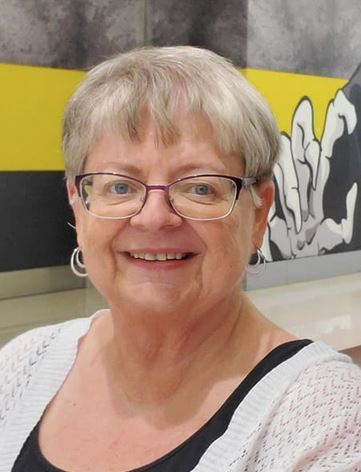
- Date: April 19, 2022
- Webinar Description: Did your immigrants join heritage, charitable, religious, political, and other organizations? Learn about specialized finding aids, databases, and more with records filled with personal details. U. S. Libraries, historical societies, archives, and university library special collections sections hold the records from many organizations that our families joined. Frequently genealogists think that there may be no records for parts of the family, but records of such organizations often provide details. Finding these collections that have records of membership, donations, deaths, places of origin, stories, and more has become easier in recent years. Many finding aids online and off lead to these research nuggets that represent hundreds of years of material. This lecture covers the finding aids, what the descriptions tell us, how to use the descriptions and suggestions for accessing the family nuggets promised by the cataloging and indexing.
March 2022
Immigrant Letters, Memoirs and Travel Journals
- Presenter: Mary Risseeuw
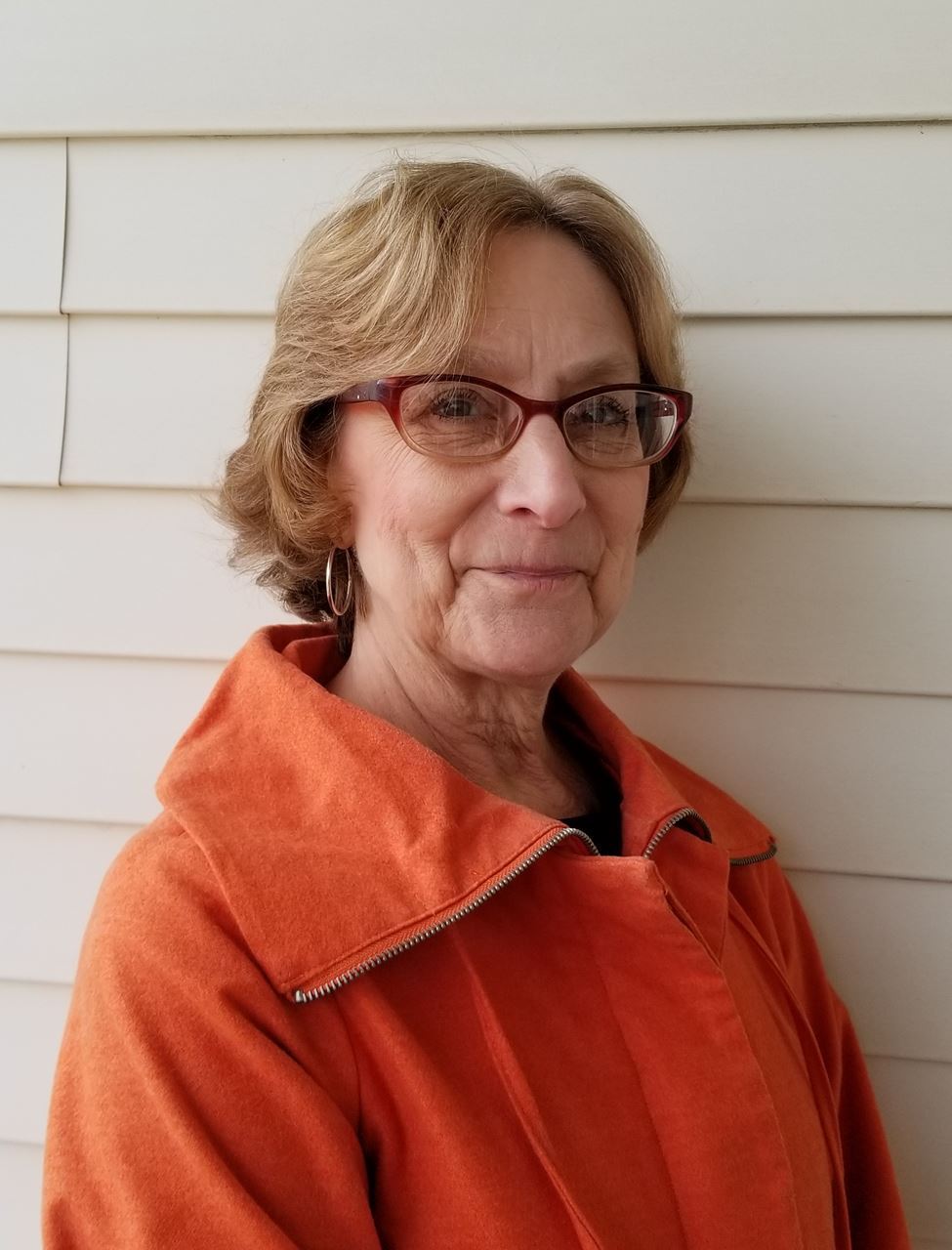
- Date: Tuesday, March 15, 2022
- Time: 7:00 PM Central
- Webinar Description: Letters, memoirs and travel journals are a rare primary source that is often overlooked in understanding the experiences of immigrants. They are a genuine source of information about America for families and the communities who had to deal with the effects of emigration on the other end. They compared life abroad to the life they left behind. They contain details about every situation the immigrant finds himself in: the choice of a place to settle, his neighbors, his land, finding employment, the difficulties with language, loneliness, and questions about citizenship, church membership, political parties and war. When correspondence from different populations is examined, one can gain more insight into the variations in cultural practices, expectations in a new world, and an overall worldview. Materials collections throughout the U.S and Europe will be examined, as well as how to start your own collection and methods for obtaining translations of letters.
February 2022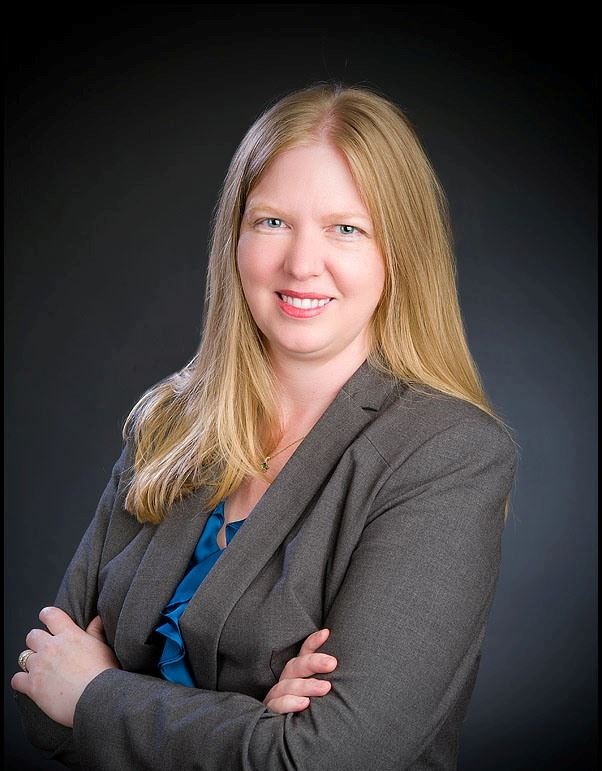
Missing! Reward! Locating Widows, Spinsters, and Bachelors
- Presenter: Sara Cochran
- Date: February 15, 2022
- Webinar Description: Have some of the folks on your family tree disappeared? Pick up some new ideas on how to research widows and unmarried children. Then, watch these techniques in action in three short case studies
January 2022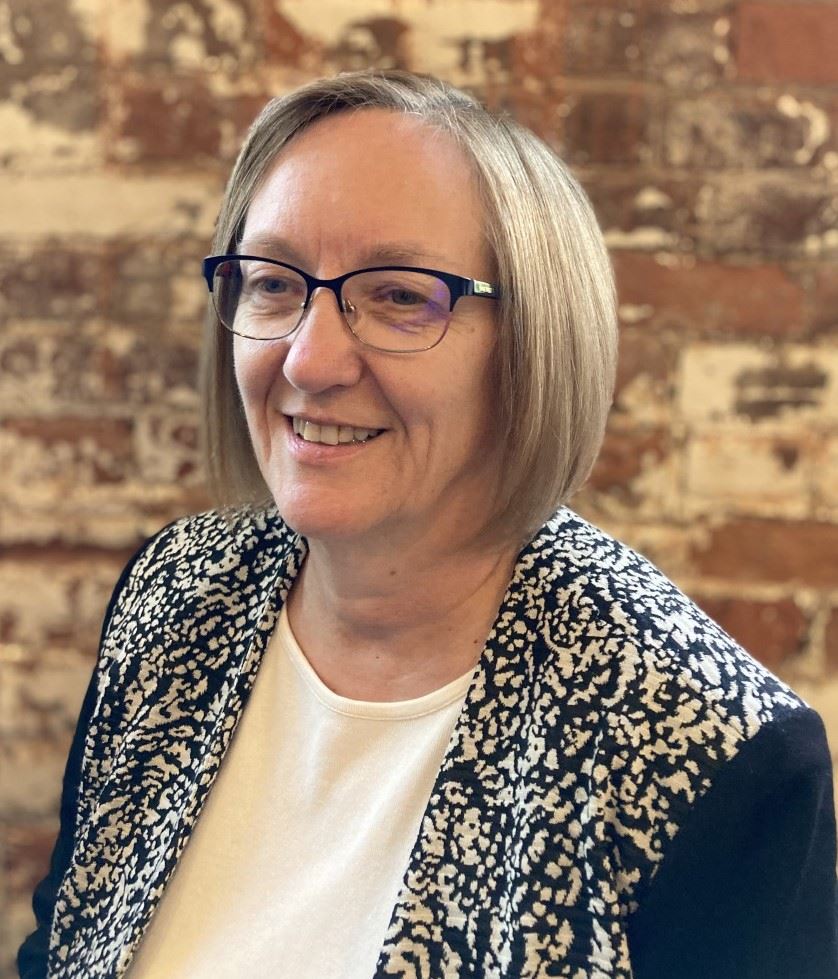
Julian to Gregorian: When & How Our Calendar Changed
- Presenter: Seema Kenney
- Date: January 18, 2022
- Webinar Description: Dates are important to genealogists but do you understand the relationship between the dates recorded and the calendar in use at the time? The switch of our calendar started in 1582, but lasted into the 20th century. Understanding this process may impact your 18th to 20th century research.
|
